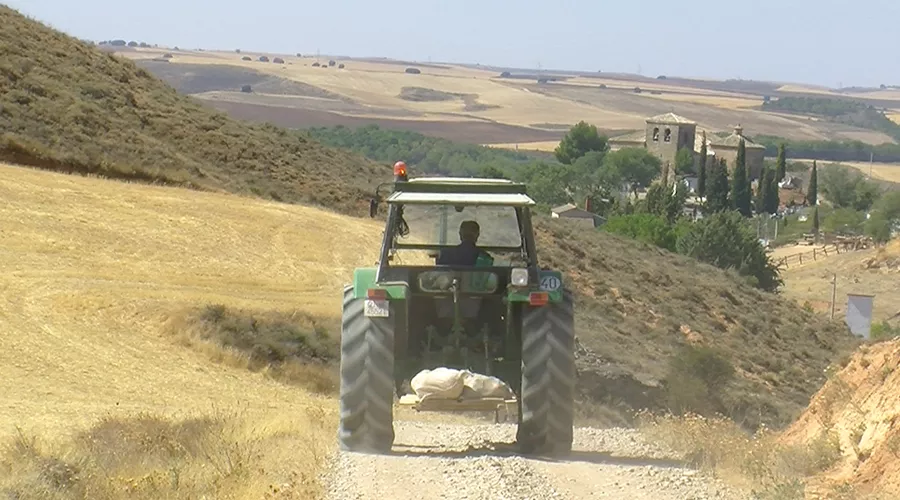EU rural network stakeholder survey findings
Survey of rural network stakeholders in EU countries: Main findings include call by national networks to prioritise more support for agri-food, rural innovation, climate and environment, peer learning, social impact and digital outreach methods in the new CAP period.
More support for agri-food and rural innovation stakeholders is expected to be prioritised by national networks in the new Common Agricultural Policy (CAP) period. Networking within the CAP can also place greater emphasis on climate and environmental topics while taking greater advantage of digital networking opportunities to expand outreach capacity. These are among the main findings from a mapping exercise of existing rural network stakeholders in the EU countries.
Some 60 representatives from national rural networks and EU-level organisations were consulted by the CAP Implementation Contact Point in the course of 2022 to help gain a clearer picture about support opportunities and related needs in the new CAP period (2023-2027). This revealed that most of the national networks were predicted to continue to operate under the same or similar governance and organisational structures.
Our mapping survey also confirmed that all countries will boost networking of Agricultural Knowledge and Information System (AKIS) stakeholders as well as peer-learning for innovation in agriculture and rural areas. Financing for national networks will remain similar to the previous programming period and this will be used to help networking reflect the CAP’s full remit. Support for Pillar 1 stakeholders is being enhanced across the EU as a result of the importance being placed on sustainable agriculture and carbon-focused land use.

Strategic directions and thematic work are forecast to align with high-level policy frameworks, including the European Green Deal, Biodiversity Strategy, Farm to Fork Strategy, Forestry Strategy, EU Soil Strategy and sustainable carbon cycles. Social impact will also continue to be a key aspect of the new national networks’ operations, particularly in relation to Rural Pact contributions and the long-term vision for rural areas as well as the CAP’s specific objectives 7 and 8.
Fostering exchanges of knowhow across all these CAP fields is noted as needed. Indicators measuring other benefits of networking performance are to be applied and peer exchanges are considered valuable to improve awareness about novel delivery mechanisms for CAP networking, such as new digital hubs.
See the Network Mapping Surveys Report for further details about future opportunities for networking the CAP’s stakeholders.